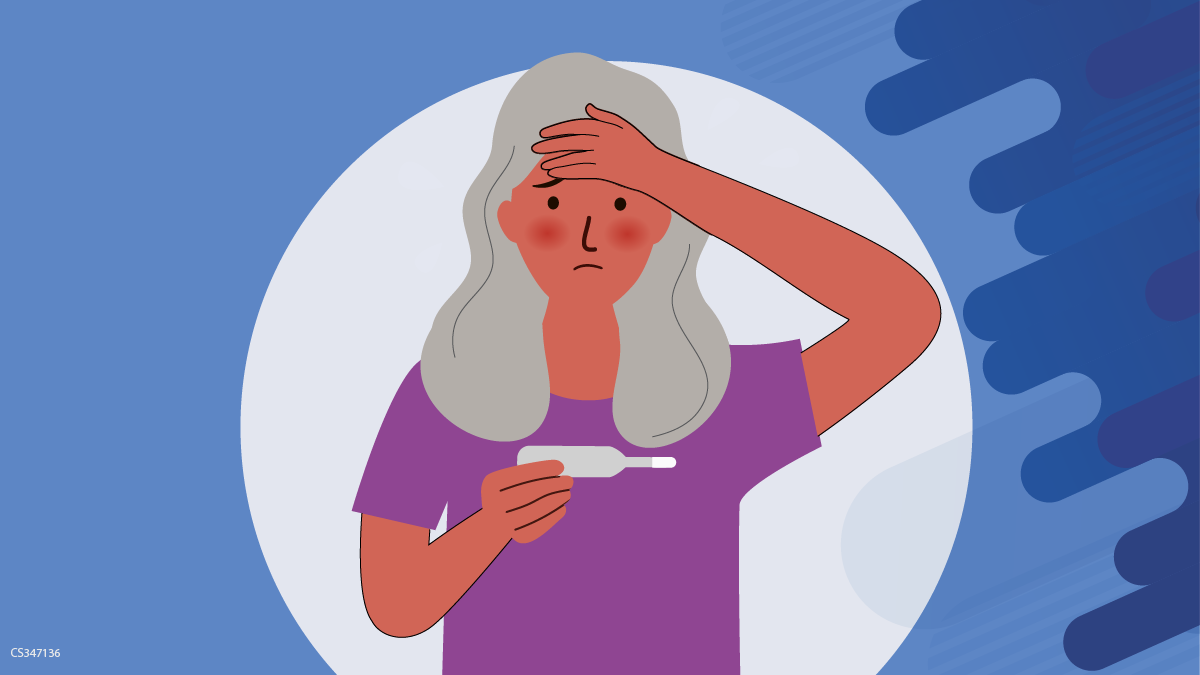Key points
- Risk factors for cryptococcosis include advanced HIV/AIDS.
- There are no formal recommendations to prevent cryptococcal infection.
- In weakened immune systems, Cryptococcus can hide in the body and cause infection later.
- Targeted screening detects the cryptococcal antigen in patients with HIV.

Risk factors
Risk for cryptococcosis is highest among people with weakened immune systems, particularly among people who:
- Have advanced HIV/AIDS.
- Have had an organ transplant.
- Take medications that weaken the immune system, including:
- Corticosteroids and medications to treat rheumatoid arthritis.
- Corticosteroids and medications to treat rheumatoid arthritis.
People who are healthy can become infected but it is not common.
Prevention steps and strategies
It's difficult to avoid breathing in Cryptococcus in areas where it is in the environment. There are no formal recommendations to prevent cryptococcal infection. However, most people who breathe in Cryptococcus never get sick from it.
People with symptoms that may be caused by Cryptococcus, should see a healthcare provider as soon as possible.
Targeted Screening

Research suggests that Cryptococcus can live in the body undetected, especially when the immune system is weakened. Undetected Cryptococcus in people with advanced HIV/AIDS can lead to life-threatening cryptococcal meningitis.
In targeted screening programs, people with HIV/AIDS have their blood tested to detect the cryptococcal antigen, a sign of cryptococcal infection. If the antigen is detected, they are given antifungal medication to help prevent severe illness.
